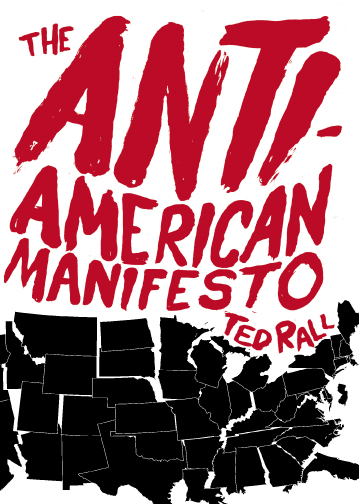Thanks to WikiLeaker, Afghan War Will End Soon
MUMBAI–“An appalling irresponsible act.” That’s how General James Nattis, fresh at the helm of U.S. Central Command, characterizes the release of more than 76,000 classified Pentagon reports released by the website WikiLeaks.
You may recall that the Pentagon, headquarters of the Department of Defense, is the same outfit that loaded $24 billion in $100 bills onto shrinkwrapped pallets and loaded the cash onto C-130 transport planes bound for Iraq–guarded by enlisted men who earn $20,000 a year. Not one of those Benjamins has ever heard from since. Which, given that the money was supposed to be paid to corrupt tribal sheikhs, is just as well. Don’t be surprised if you see contractors installing one of those great a new Gunnite pool at the house belonging to your recently discharged veteran neighbor.
So anyway, when a Pentagon biggie calls someone irresponsible, take them seriously. These guys know from irresponsibility.
Speaking of behavior that falls short of the highest ethical standards (and is highly amusing), the involuntarily declassified material contains some real gems. My current fave–there will, no doubt, be others, for I am fickle and the material is vast–comes from an August 2007 report that explains some of the ways Pakistan uses the billions in U.S. taxdollars Bush and Obama send it.
Based in Waziristan in Pakistan’s western Tribal Areas, the Haqqani network is a neo-Taliban-affiliated Islamist organization led by Sirajuddin Haqqani and his father Jalaluddin Haqqani. Officially, the Haqqanis are American targets because they harbor members of Al Qaeda and are involved in weapons smuggling across the Afghan border. Unofficially–on the ground, as they say–things are different.
Pakistan’s Inter-Services Intelligence agency (its equivalent of our CIA), is supposed to help the U.S. arrest and/or kill the Haqqanis. That’s why the U.S. pays the ISI. Instead, the ISI pays the Haqqanis. With U.S. money.
Which is why, when you lose your house to foreclosure, the only help you get from Obama is a feigned expression of vague concern.
Anyway, the ISI hires the Haqqanis to carry out interesting projects. For example, Pakistan used your money to hire Haqqani assassins to kill Indian road engineers and workers in Nimruz province, in western Afghanistan. Going rate: $15,000 to $30,000 each.
Hey, the Haqqanis still have their houses. No doubt with Gunnite pools.
The coolest and weirdest ISI-Haqqani business deal concerns 1,000 motorcycles. The ISI shipped the bikes to the Haqqanis for use in suicide bomb attacks in Khost and Logar provinces. Let’s hope they at least had the decency to buy cool, American-made Harleys so that some of our dough makes its way back here. Besides, who wants to spend the afterlife tooling around on a moped?
So, back to the issue of irresponsible behavior. U.S. government, meet kettle.
It has been pointed out that the WikiLeaks documents don’t reveal much that is new. We already knew that Pakistan was our frenemy. We knew that drone planes kill more wedding guests than terrorists. We didn’t want to admit it, but we already kind of knew we were losing. The starred headline involves the likelihood that the Taliban have surface-to-air missiles.
But the Wikileaks leaks are nevertheless a game-changer. They confirm what those few of us who opposed this war from the start have been saying all along. They prove that the military sees things the same way we do. So that’s the end of the debate. The war is an atrocity and a mistake. Everyone agrees.
Public support for the war was already waning. Just 43 percent of the public still backs “the good war.” The leaks mark the beginning of the end of one of a stupid country’s countless stupid misadventures. I don’t see what else might have accomplished the same thing so quickly.
Thanks to the leaker, thousands of lives will be saved in Afghanistan. Hundreds of U.S. soldiers will live out normal lives. Billions of dollars will stop pouring into the pockets of the Pakistanis. If that’s irresponsible, well, call me a fan of irresponsibility.
(Ted Rall is in Afghanistan to cover the war and research a book. He is the author of “The Anti-American Manifesto,” which will be published in September by Seven Stories Press. His website is tedrall.com.)



